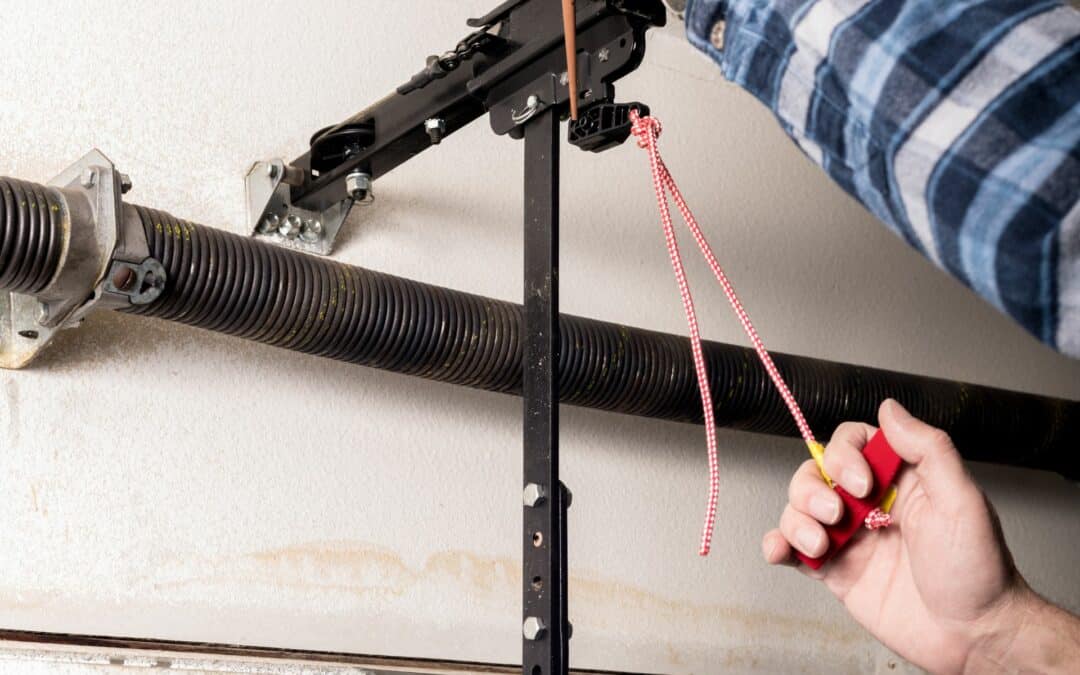Did you know that there are two types of garage door lubricant options from which you can choose? Garage doors need lubrication-based maintenance every six months, and you want to make sure you are using the kind of lubricant that will work best for your garage. Today we are going to take a look at two different types of garage door lubricants and how they work.
Silicone
Also known as silicone spray, this garage door lubricant is long-lasting and protects your garage door from weather-based wear and tear. This type of garage door lubricant often includes a thin spray nozzle that allows you to reach tighter spots. Just make sure you keep things from getting too slippery for safety. If you want results that last, silicone spray will be your best choice of garage door lubricant. Using silicone spray also reduces friction in your garage door and increases its longevity.
Lithium Grease
Even though the application of lithium grease lubricant involves getting a little messy since it can get into all sorts of places, the long-term results are worth the mess as long as you apply it with proper coating and keep from overusing it. The results allow your garage door to open with ease. Being too liberal in using this lubricant can create clumps of the substance that attract bugs, making it more difficult to maintain a pristine garage door. Some lithium-based garage door lubricants come in spray containers, but you will usually find lithium-based lubricants in grease form.
But How Do I Really Know Which One I Should Use?
Now that you know about the two main types of lubricants for your garage door, you might still be wondering, “But how do I really know which one is best for me to use?” Let’s take a look at three major considerations when choosing silicone or lithium-based lubricant.
1. Climate and Weather
When thinking about whether to use silicone or lithium-based lubricant, consider the current climate and weather conditions. Whether you are lubricating your garage door in cold or hot weather can impact the effectiveness of the lubrication substance you apply. Make sure you think about which will work best under present weather conditions.
2. Material
Whether you have a metal or wood garage door is also a factor worthy of consideration when choosing which of the two lubricants to use for your garage door. While the panel itself may not be what’s lubricated, you want to think about potential spills and splatters and how that might affect the panel of your garage door and even the walls and floors of your garage. For example, if you are working with mostly metal components, then lithium grease is highly recommended for its compatibility with metal. Consider which one you believe is less likely to leave stains and which is easier to clean out if any excess is produced.
3. Size
The size of your garage door and all the spaces where essential garage door mechanisms are located also need to be considered. Will you get more out of thoroughly greasing spaces and mechanisms with lithium grease, or will silicone spray help reach those spots that you just can’t seem to reach? Make sure you get a good sense of your garage size and where all the mechanisms are located when choosing between silicone spray and lithium grease.
We Are Here To Help!
We hope that you have a better understanding of the two types of garage door lubricant so that you are best able to determine which one suits your garage door maintenance needs. If you are ready to go forward with your garage door maintenance or have further questions, contact us so we can help you today.


